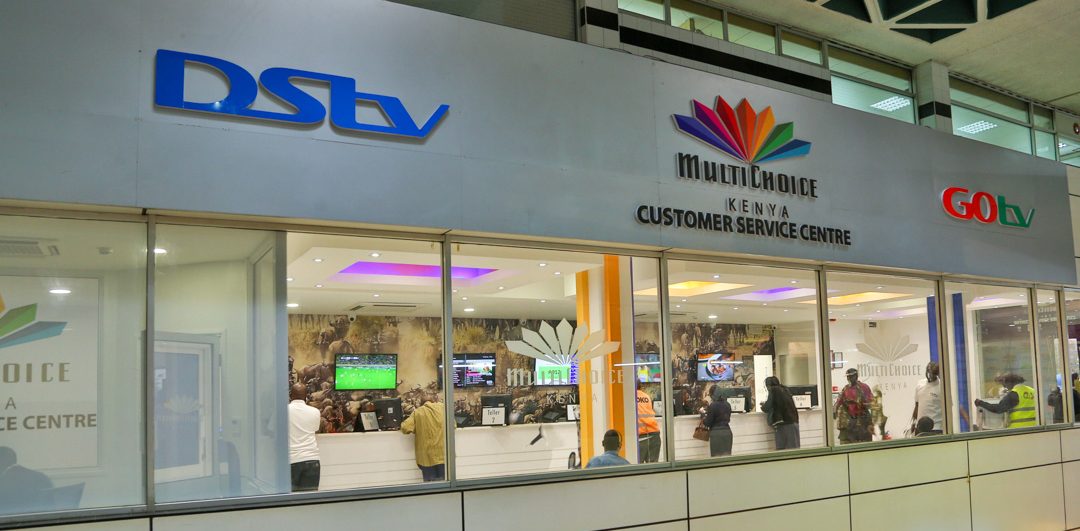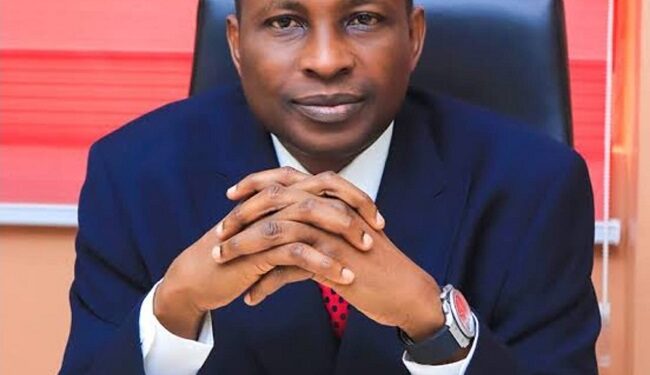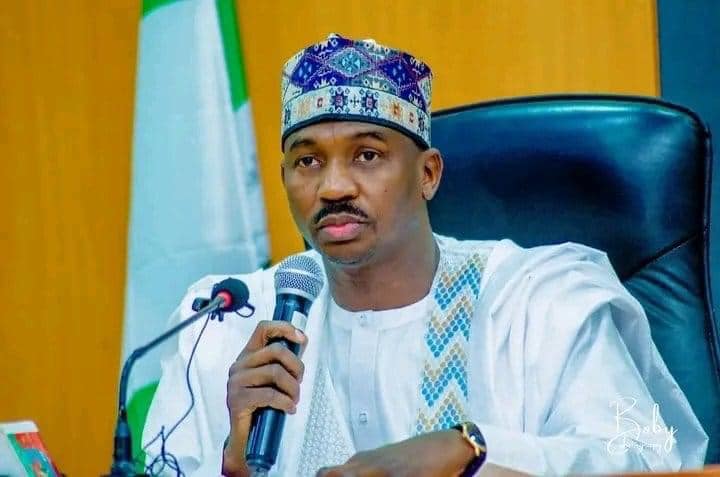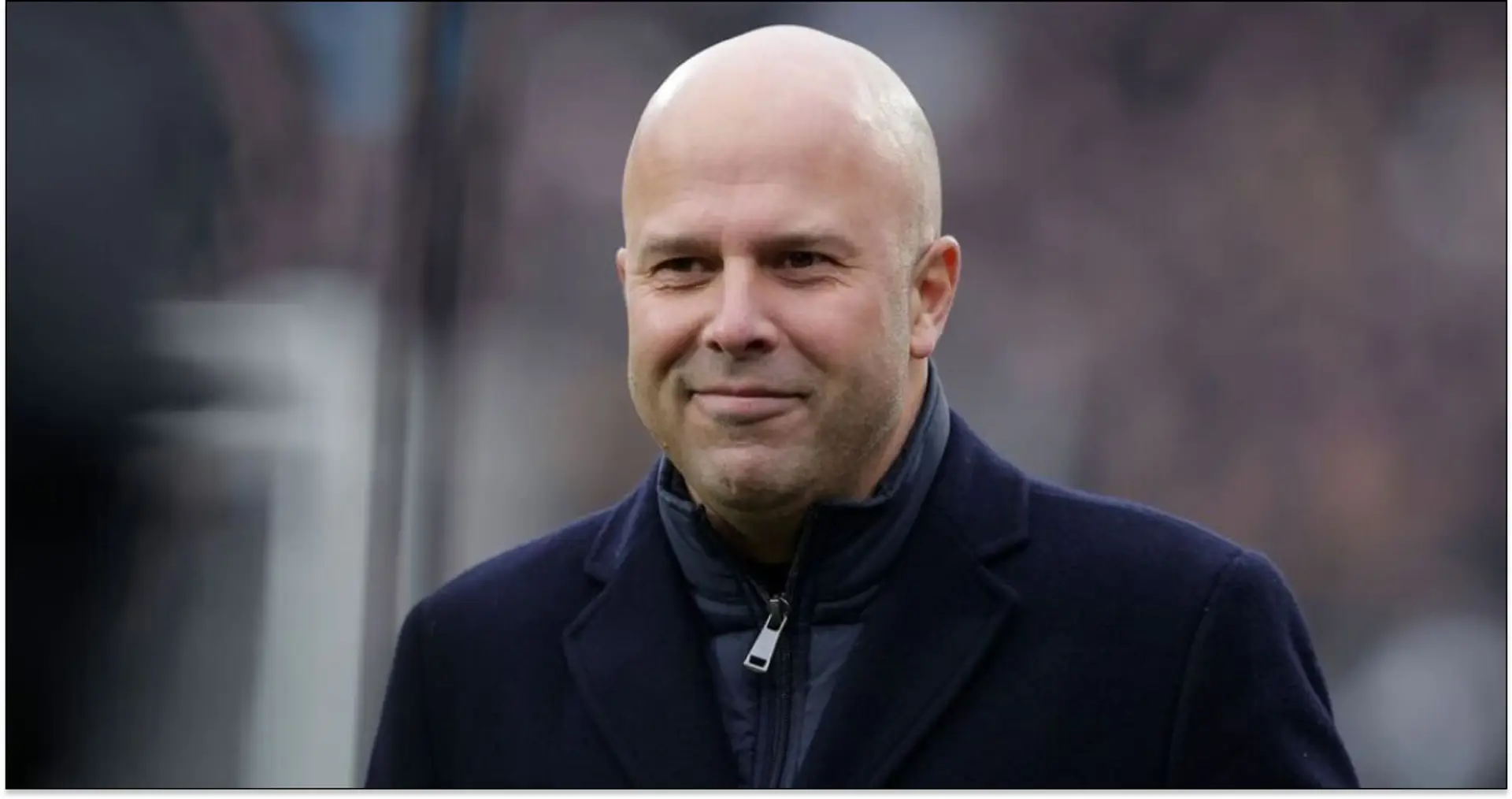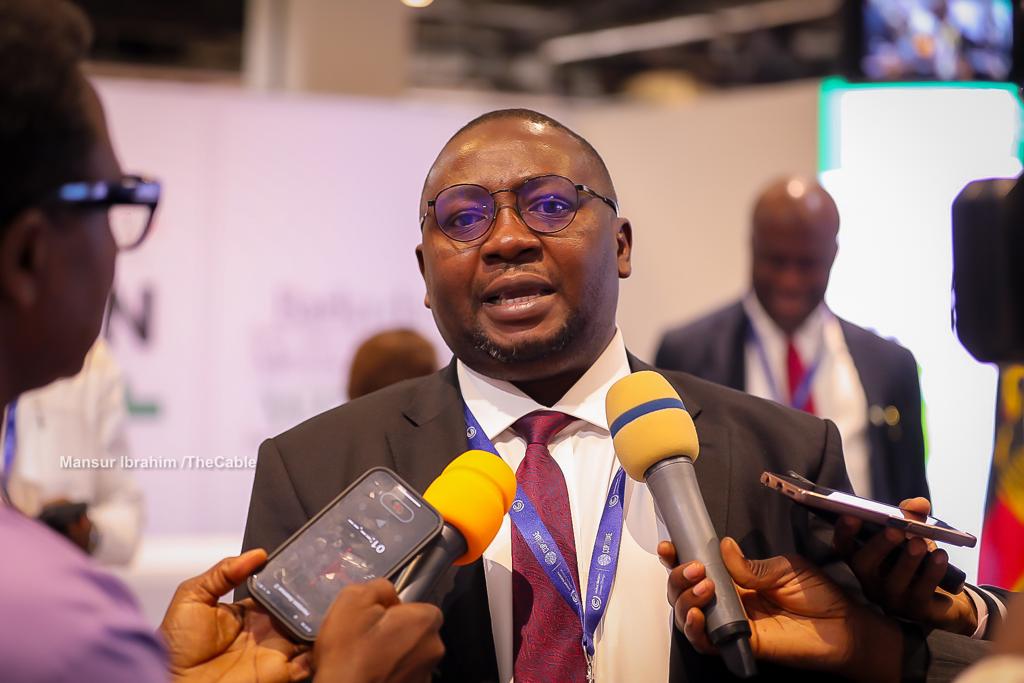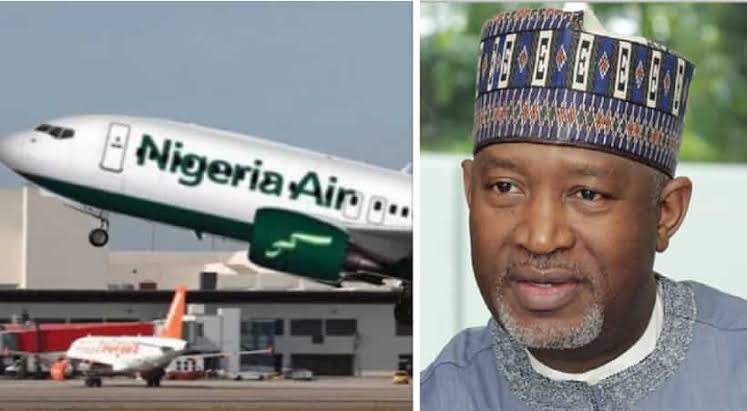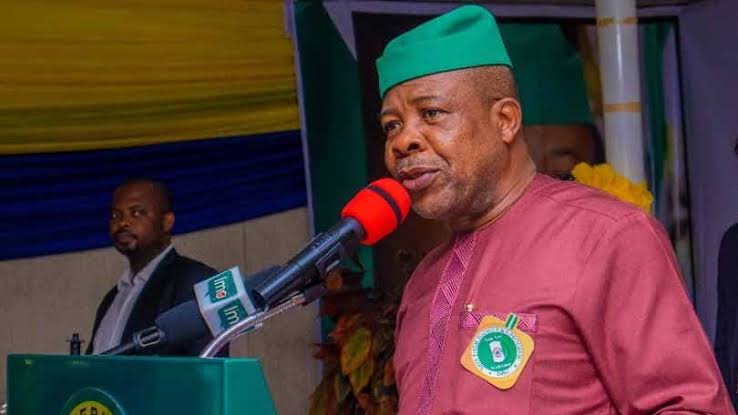The ongoing negotiation between the Academic Staff Union of the Nigerian Universities, ASUU, and the federal government seemed to have suffered a setback as the proposal for the pay rise has failed to capture the state universities. According to Mr. Ben Goong, the spokesperson to the Federal Ministry of Education, the federal government cannot dictate to the state government as state universities are owned by the state government and are on the concurrent list. A committee led by the Pro-Chancellor of Federal University Lokoja, Prof Nii Briggs proposed a 180% pay raise for the lecturers while the federal government was insisting on 100%.
It was learned that the federal government has directed the income salaries and wages, and the Head of Service office and the ministry of finance, and the Ministry of Labour and Employment to work out the template for the proposal.
However, ASUU president, Prof. Emmanuel Osedeke has insisted that whatever agreement is reached with the federal government must be binding on the state government the problem that suggests the strike is just starting and would be a vicious cycle after this lap.
Vigil360 has reported that ASUU has been on industrial action since February this year going into seven months Nigerian universities have been kept under lock and key.
The Minister of labor and Employment, Dr. Chris Ngige after failing to agree with the ASUU was directed by the president to back out from the negotiation and hand it over to the Minister of Education, Mallam Adamu Adamu.
The lingering crises made the Nigerian Labour Congress, NLC to held a solidarity protest in support of ASUU on the 26 and 27th of July, 2023.
In the interim, ASUU had on Monday extended the industrial action by another four weeks.
The industrial action seems to be entering another level as the federal government insists that they cannot compel the state government on how to run their government as the constitution frowns at that.
Mr. Goong on behalf of the federal government said, “Any agreement made with ASUU is only binding on the institutions owned by the Federal Government. The state government will handle their own institutions.”
Reacting to the federal government's position, the ASUU president kicked saying, to him, the university system is the same be it federal or state.
In his statement, “I don’t know who you spoke to but that person doesn’t know what he is saying. I can tell you that the renegotiation team is made up of pro-chancellors of state and federal universities. So, how can anyone say the agreement won’t be binding on state universities? The person doesn’t know what he is saying.”
Osodeke said the few institutions that refused to join the industrial action are not their members.
He warned that Nigeria had just one university system and as such the issue of salary is personal to the union.
As it stands, state governments are divided on the negotiation as states like Anambra have agreed to be binding on the outcome of the negotiation, however, Ekiti state insists that it was not part of the negotiation and cannot be bullied into accepting the deal it was not part of.



